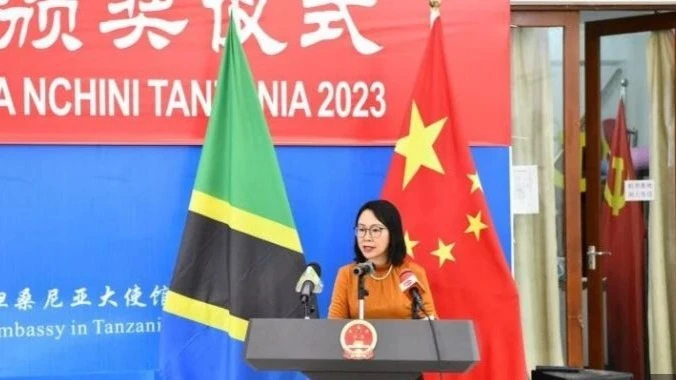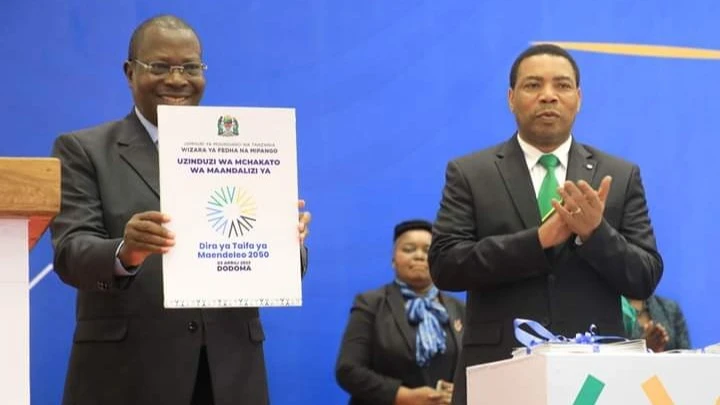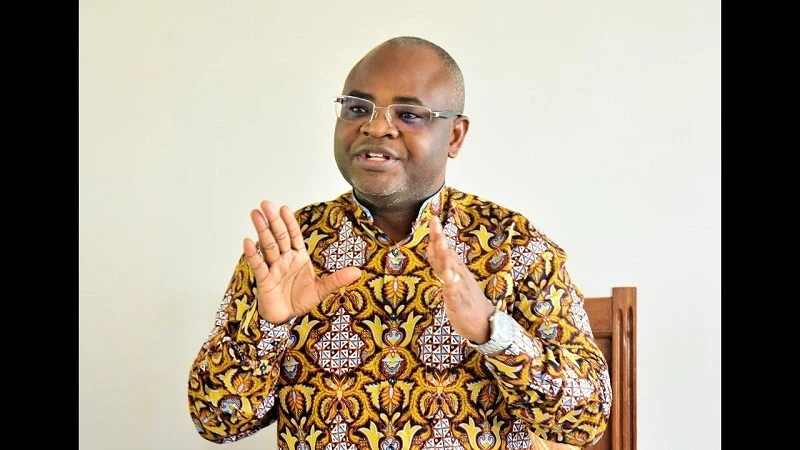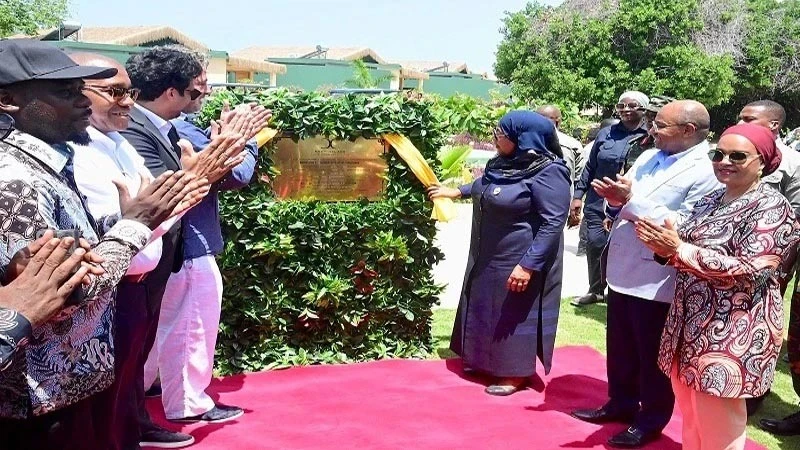Chinese investments essential in opening up Tanzania’s economy

JUST what role a developed country can play in the development process of a lower level economy, as different from any other developed country, is largely a matter of guesswork.
Ordinarily, it appears that those with ancient ties with a developing country provide the Diaspora sort of access to large investments, which in part explains what happened when China moved to rapid industrialization in the 1980s to 2010. Its Diaspora in the United States fused with major companies to set up branches in China.
That wasn’t what happened in Russia when it moved from its basic industries and advanced weapons industry in the early 1990s to encompass a wider modernisation scheme that involved dismantling the old state apparatus.
China on the contrary modified the tonality of the state to suit its new dispensation, and to some observers this has remained a lasting legacy. Those institution can only that far into capitalism.
The overly ‘chummy’ atmosphere that local economists and development planners find themselves in courtesy of the company of Chinese experts is not surprising.
The reason for this is that there is much in common in the way China modernised and what state authorities have for decades been trying to do here.
And this is the swift improvement of infrastructure and social services pushing the public sector to co-exist with a large private sector, but on no account is the private sector overly predominant. This arrangement has worked well, but it risks faltering.
The reason is that, while China used its US Diaspora in particular to form numerous venture capital schemes to take up most of China’s coastal special economic zone, this outlook did not apply here.
Instead, Chinese cooperatives or construction groups of companies became the country’s ideological Diaspora since the days of working to support the liberation movements.
They worked with public organisations on wide ranging infrastructure and immovable assets construction spree, but the bell now tolls.
Instead of kicking up dust about the rate of repayment of its vast loans or investment commitments, China is ‘downgrading’ expectations from its earlier investments to pad its expectations there with using Africa as an emerging market capital ‘renting out’.
In due course, its private sector earnings in Africa – which the United States is working to catch up with – stands to augment its public sector investment expectations. That is likely to be a ‘win-win’ situation without debt sequestration, drying up of modernisation capital.
Yet participants at the Forum on China-Africa Cooperation (FOCAC) preparatory meeting involving local and Chinese experts and diplomats have a few knots to tie up to be on a realistic plane on what lies ahead.
At the meeting, the talk focused more on a public sector sort of engagement, like some ‘enhanced commitment to invest in the agricultural and industrial sectors’.
Individual Chinese investors are likely to have their ideas and, in reducing the need for vast hiring, could adopt current technologies producing lowly priced quality commodities but hardly “the surest way to employ our young people”.
Top Headlines
© 2025 IPPMEDIA.COM. ALL RIGHTS RESERVED

















